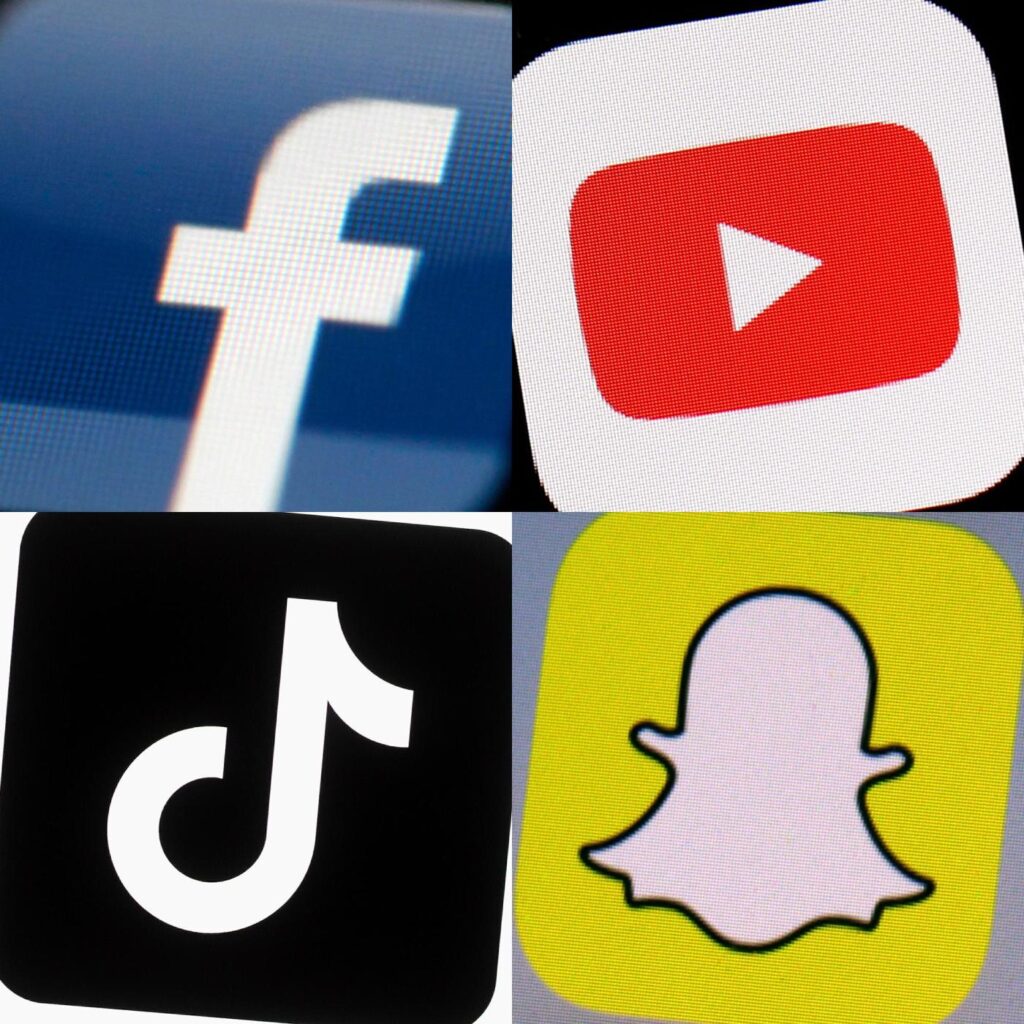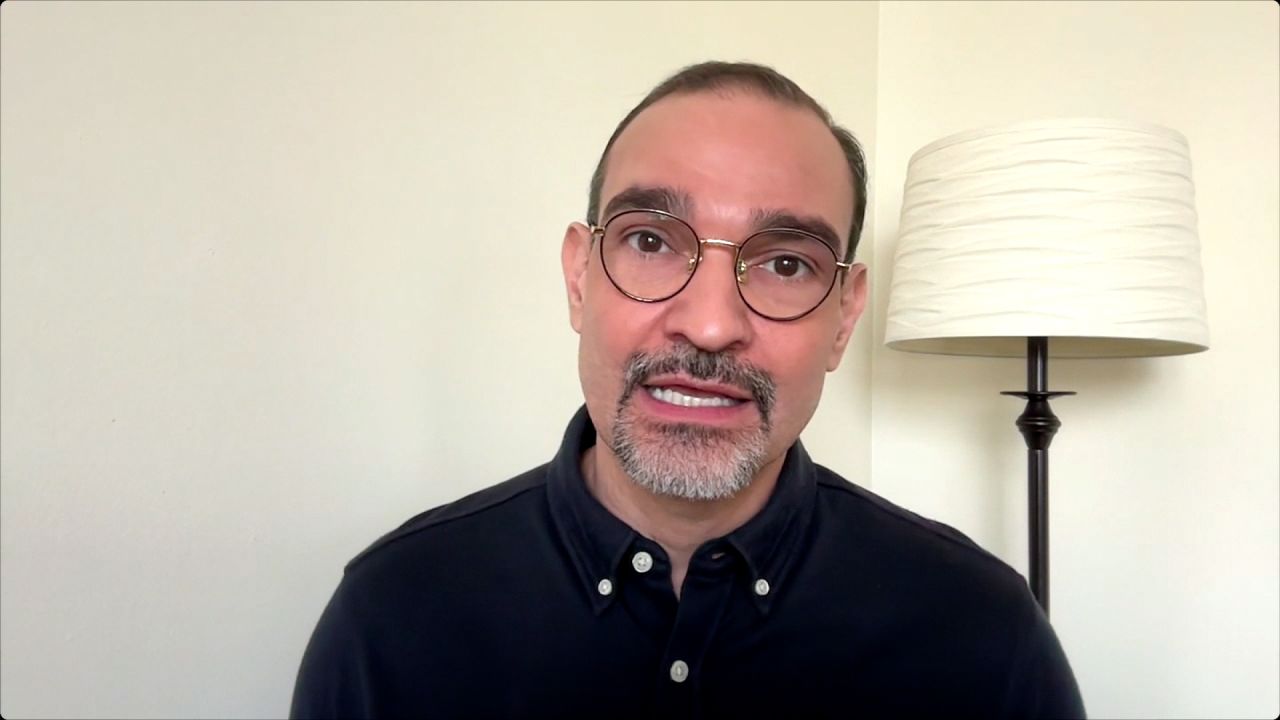
New York City has initiated a lawsuit against the parent companies of several major social media platforms, including Facebook, Snapchat, TikTok, and YouTube. The city accuses these companies of contributing to a significant mental health crisis among the youth. This legal action marks another chapter in the ongoing struggle to hold tech giants accountable for the impact of their products on younger generations.
The lawsuit claims that the platforms have developed features that lead to widespread addiction among young users. City attorneys argue that this addiction interferes with educational institutions and places a considerable burden on local cities, school districts, and public health systems that provide mental health services.
According to the lawsuit, the companies have prioritized maximizing engagement among youth at the expense of their mental well-being. The document states, “Defendants’ platforms have triggered depression, anxiety, eating disorders, self-harm, and suicidality among thousands of children.” The city asserts that this situation has escalated to what they describe as a “national crisis.”
Responding to the allegations, Google spokesperson José Castañeda refuted the claims against YouTube. He stated that the platform serves as a streaming service rather than a social network and emphasized the introduction of tools designed to promote child safety. “We’ve also developed dedicated tools like Supervised Experiences for young people, guided by child safety experts, that give families control,” Castañeda added.
Despite the backlash, other companies including Meta, Snap, and ByteDance have not publicly commented on the lawsuit.
Growing Legal Challenges for Social Media Companies
This lawsuit in New York City is part of a broader trend, as multiple states and cities have sought legal redress against tech firms for the adverse effects their products have on children. Research has shown a correlation between increased social media usage and rising levels of anxiety and depression among minors.
As legal actions multiply, many states have begun implementing regulations aimed at enhancing online safety and data privacy. Advocacy groups and lawmakers are pressing for stronger measures to ensure that tech companies address the addictive nature of their products. John Wihbey, an associate professor of media innovation at Northeastern University, stated, “The companies should be addressing the addictive nature of the technology products they’re pushing to children.” He highlighted that while more must be done, the discussion around how to achieve this remains crucial.
Legislative efforts to regulate social media platforms have faced significant hurdles, even as there is bipartisan interest in crafting effective policies. The inability to reach a consensus has left many questions unanswered regarding the responsibilities of these companies.
New Regulations and Calls for Action
The debate over tech regulation is gaining momentum, especially with the rapid development of artificial intelligence technologies. Concerns are emerging about the potential risks posed by chatbots, particularly regarding their interactions with children. Initial efforts to establish industry standards have largely been sidelined, as lawmakers aim to maintain the United States’ status as a leader in technological innovation.
Wihbey noted that regulating new technologies often takes time, and the fast pace of innovation is complicating the situation. “It’s just a pity that they’re not doing it of their own volition and instead are being forced by lawsuits to step up and take responsibility,” he remarked.
In addition to lawsuits, some states have begun requiring social media platforms to place warning labels akin to those on tobacco products, alerting users to the addictive qualities of their services. California Governor Gavin Newsom recently signed a law mandating these labels, following similar legislation in New York and Minnesota.
“Emerging technology like chatbots and social media can inspire, educate, and connect — but without real guardrails, technology can also exploit, mislead, and endanger our kids,” Newsom stated.
As the legal landscape continues to evolve, the outcomes of these lawsuits could significantly influence the future of social media regulation and the responsibility these companies hold in safeguarding the mental health of younger users.






